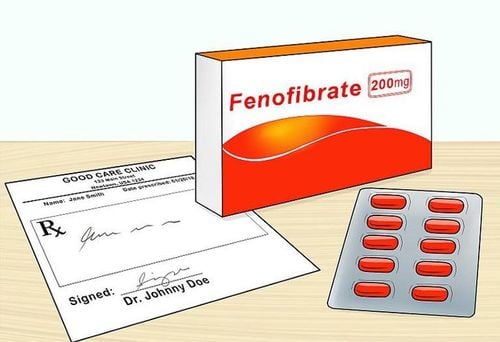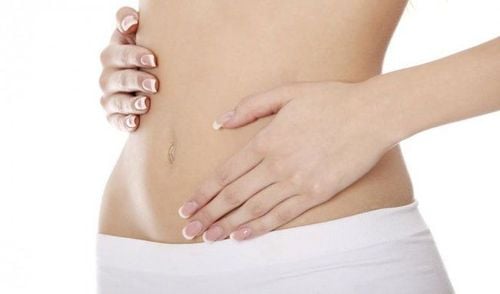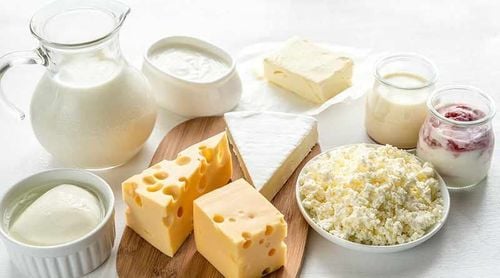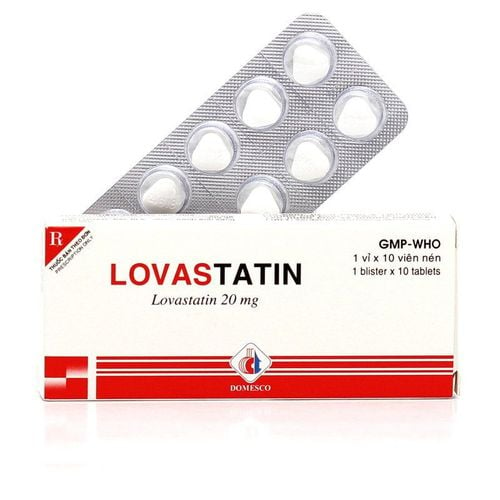People who have been losing weight or on a plan wonder how many calories they need to burn to lose 1 kg. Studies show that you need to burn 7700 calories to lose 1 kilogram, or by reducing your intake by 1000 calories, you will lose 130 grams. However, combining calorie reduction with exercise can promote weight loss more effectively than cutting calories alone.
1. The amount of calories needed to burn to lose 1 kg
First, let's calculate how many calories we need to burn to lose 1kg. Then, we can explore what we should do.
0.5 kg of fat is about 3,500 calories. To lose 1 kg a week (a healthy and sustainable amount; higher numbers are not encouraged), you should create a 7,700-calorie deficit for a whole week.
2. Is it possible to lose 1 kg a week?
Yes. But, each body is different, the feasibility depends on your starting weight, activity level, nutrition, sleep, and hormonal changes.
Losing 1 kg per week may not be achievable for everyone. You may not have excess fat to lose. Or, you may have more to lose, which may cause a bigger weight drop than you expect in a week.
Remember that not every week is the same. Try not to stress too much about the number. Concentrate on how to do it correctly.
Additionally, while losing 1 kg can be a healthy goal for many women, it's important to remember that it's just a number. Implementing the healthiest lifestyle possible will bring the proper results.
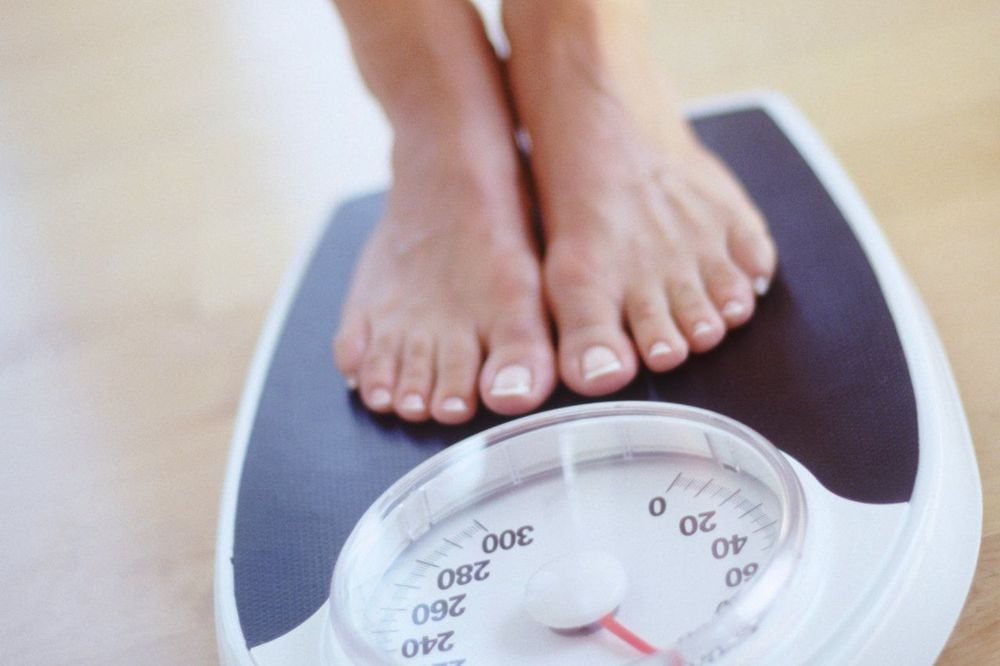
3. Is it possible to lose 1 kg without exercise?
A great way to burn calories is to create an energy deficit. This will make your body use its fat as fuel. However, losing fat without gaining muscle may not sculpt your ideal physique. What are the best methods to burn calories and maintain good health?
To have the healthiest body, a good plan might be to combine a nutrient-rich diet with regular exercise. Not only does exercise help to lose fat and build muscle, but sweating also has countless benefits. According to the NHS, research proves that women who regularly engage in physical activities have:
- Up to 35% reduced risk of cardiovascular disease and stroke
- Up to 50% reduction in risk of type diabetes 2
- Up to 50% reduction in colon cancer risk
- Up to 20% reduction in breast cancer risk
- 30% reduction in risk of early death
- Up to 83% reduction in osteoarthritis risk
- Up to 68% reduction in hip fracture risk
- 30 % risk of falls (in older adults)
- Up to 30% reduction in risk of depression
- Up to 30% reduction in dementia risk
4. How to lose 1kg a week with exercise?
Most experts agree that the best exercise for fat loss is the one you can stick with. All is well when there is a proper plan and you must take it seriously.
As mentioned earlier, an ideal workout plan combines lean muscle-building exercises, high-intensity interval training (HIIT) to burn fat, and steady-state cardio (such as walking or jogging).

5. Optimal diet to shed 1 kg a week
Creating lasting healthy habits depends on consistency. That means not falling into the trap of cutting out a specific food group entirely or believing you'll eat this way until you achieve the weight target and then return to your original activities.
Instead, focus on what you can add to your daily diet to promote health like drinking more water and doing it more often.
- Drink more water
Aim to drink at least eight glasses a day. Hungry? Drink a glass of water and wait 10 minutes, in this case, it could be thirst. - Eat slower
Research shows that the longer you chew food, the less you consume. - Get more fiber
Whole grain breads, potatoes, nuts, and cereals will help you feel full longer. - Cut a little bit in your food ration.
Just a little bit. This activity can reduce your daily calorie intake. - Eat protein-rich meals
30-minute exercise after a protein-rich meal will keep you feeling full for longer and help with muscle recovery.
What should you eat to lose 1kg a week?
To determine how much you need to eat to reach your body composition goals and stay full and happy - calculating your macros can be a good motivator.
Macro stands for macronutrients and divides foods into three main types of nutrients: carbohydrates, proteins, and fats. Your approach to macros depends on your weight goal: losing, maintaining, or gaining. For example, those aiming to build muscle might need more protein. Meanwhile, those wanting to gain fat can afford more carbs.
6. Instructions to lose 1kg in a week
The time of three meals depends on each individual. The times you need to pay attention to be able to apply effective weight loss are below:
6.1. Morning
The first thing to do in the morning when you wake up: drink 500ml of water. A German study found it boosts metabolism by 24% for the next 90 minutes. We can explain that your body has to expend energy to bring the water to your body temperature.
Before breakfast: Some studies suggest that morning oats may help with fat loss. You can burn almost 20% more if you exercise 'eating state' vegetarian. Your body will have to use fat as fuel for muscles working when your blood sugar is low, experts say.
Breakfast: losing weight with lean protein like turkey breast or steak can be the key to burning more fat. Some studies show that protein-rich breakfasts, like meat and nuts, help you feel fuller for longer. Pair turkey breast with a handful of almonds - a great source of monounsaturated fats that help burn belly fat.

6.2 Afternoon
Lunch: A study in the International Journal of Obesity found that people who ate 40% of their daily calories from carbs and protein before 3 pm lost an average of 11% of weight. In contrast, those who ate the largest meal at dinner lost 9%. Lunch is also the best meal for probiotic supplements. A European Journal of Clinical Nutrition study found that taking the probiotic lactobacillus gasseri for 12 weeks reduced belly fat by 4.6%. Nutrition experts say that taking probiotics during your meal enhances boosts feelings of fullness and satiety.
Mid-afternoon: consuming plants rich in EGCG compounds like green tea can promote fat burning. Three cups a day can reduce your weight by almost 5%, a French study says. Matcha green tea powder can boost your body's calorie-burning rate by up to 40%.
6.3. Evening
Dinner: If you're trying to lose weight, eat early. The more time before bed, the more food will be digested. Your body will be resting before bed. For the largest fat loss, eat dinner early, then fast for about 14 hours until breakfast the next day.
After dinner: Go for a 10-minute walk. Light exercise after a meal can lower your blood sugar and prevent fat storage. Or you can adopt some yoga poses, they can relieve indigestion. Lie on your back, hands on your knees. Exhale, then hug your knees to your chest. Shake gently from side to side for 5-10 breaths.
Bedtime: Poor sleepers are more likely to gain weight. So try to get at least seven hours of sleep each night to keep your cortisol levels under control. Experts say that the hormone cortisol plays a role in regulating appetite.
To arrange an appointment, please call … or make your reservation directly HERE. You may also download the MyVinmec app to schedule appointments faster and manage your reservations more conveniently.




